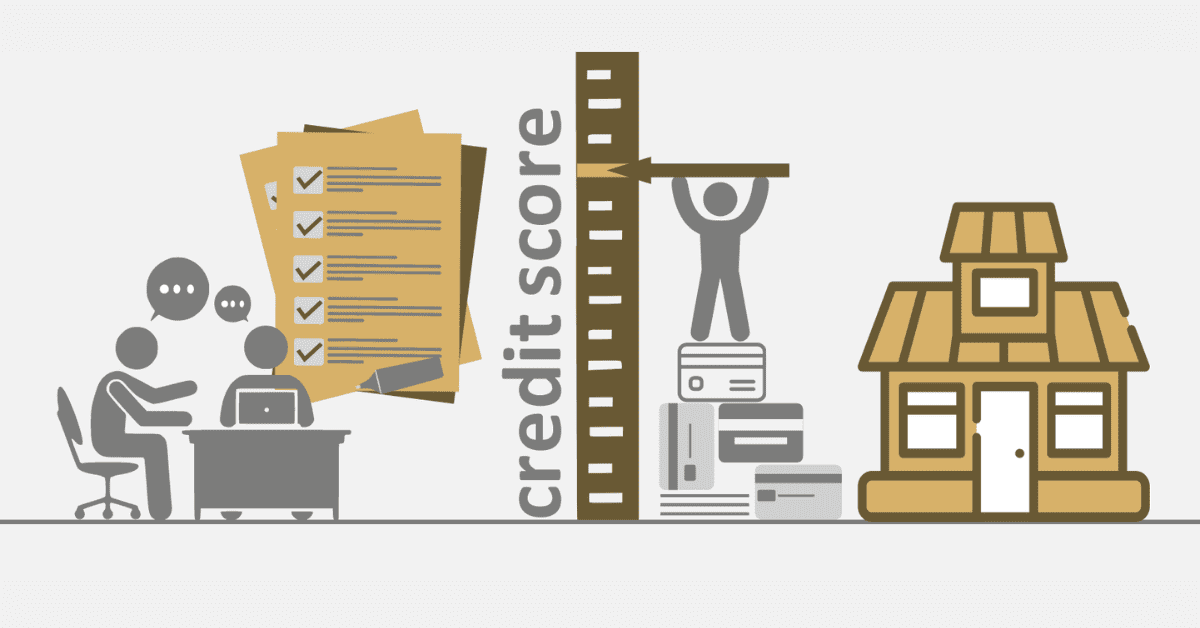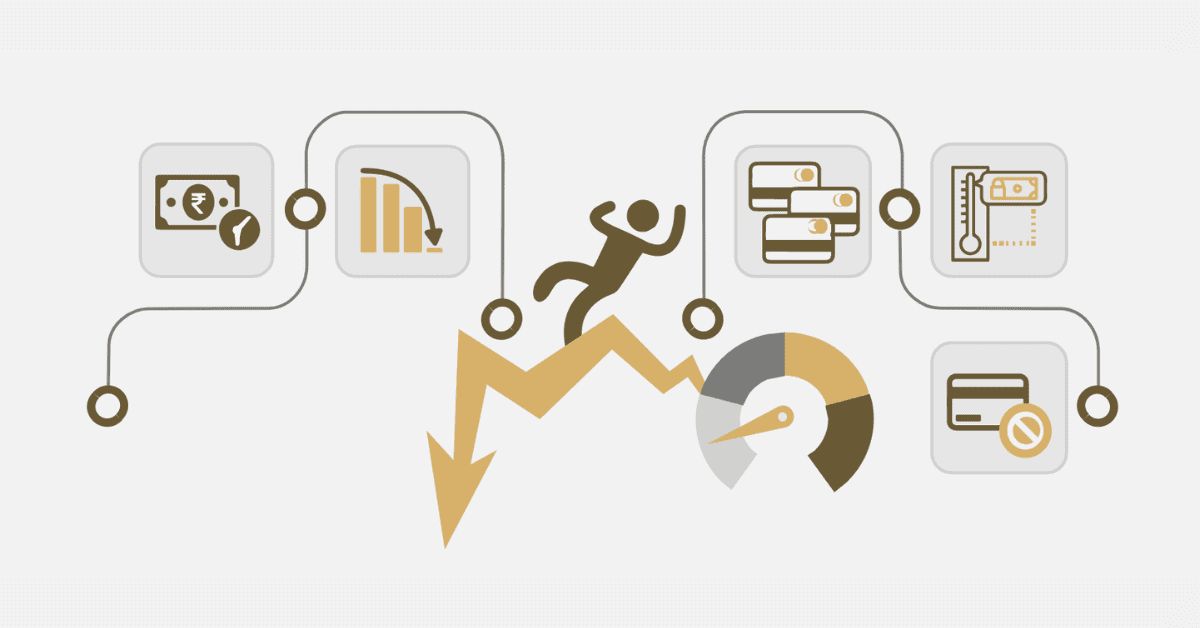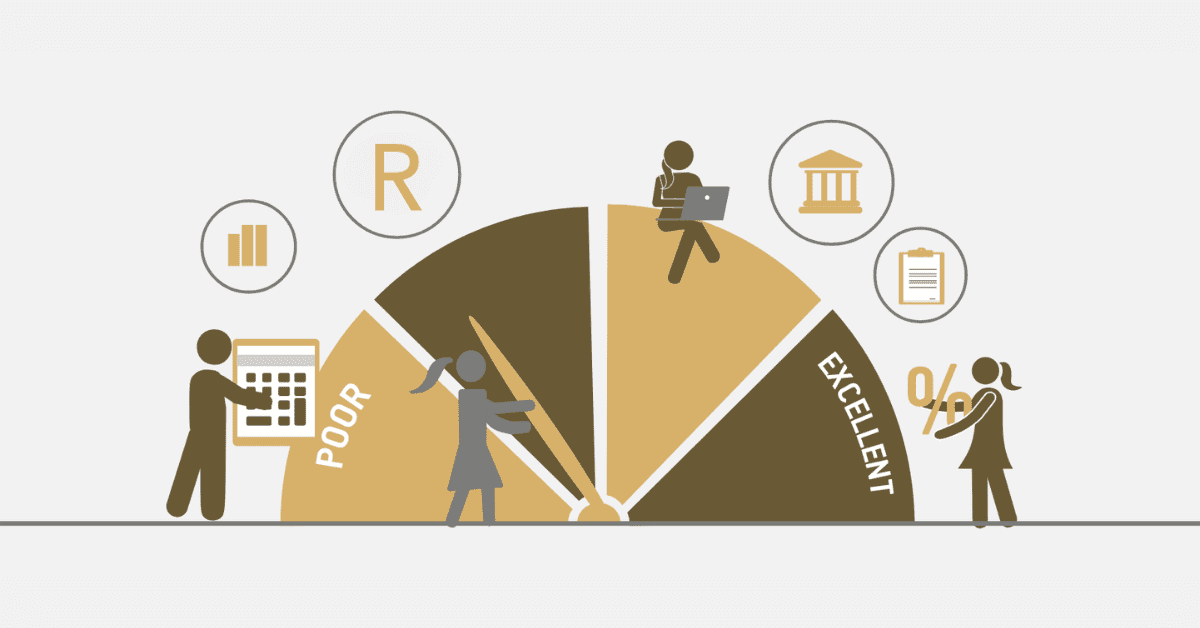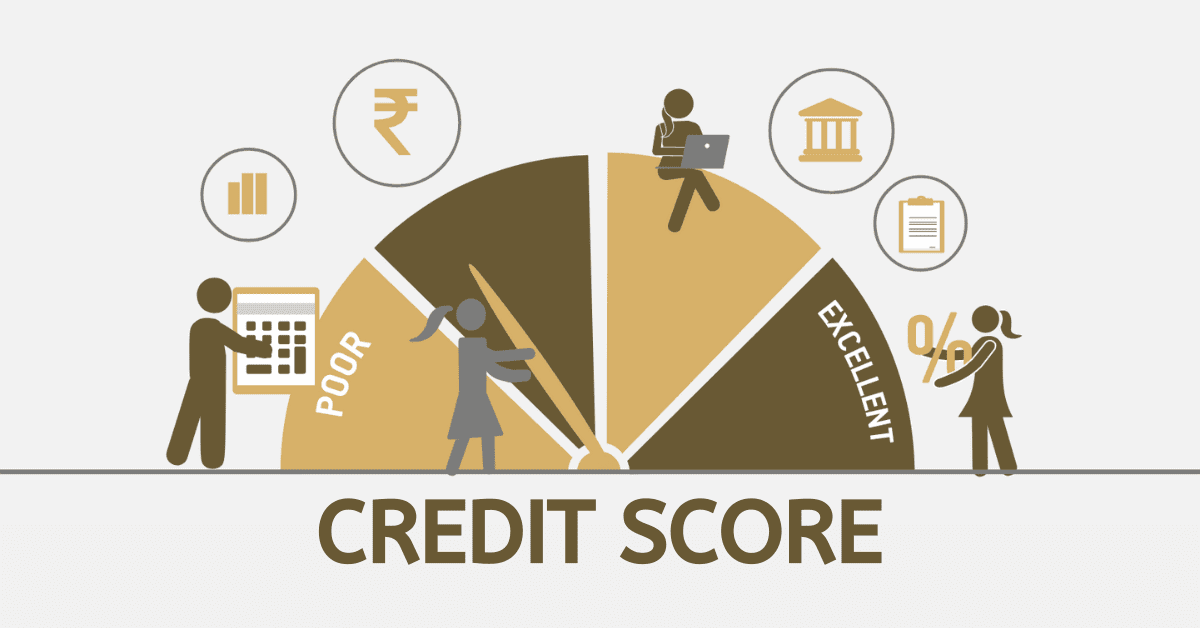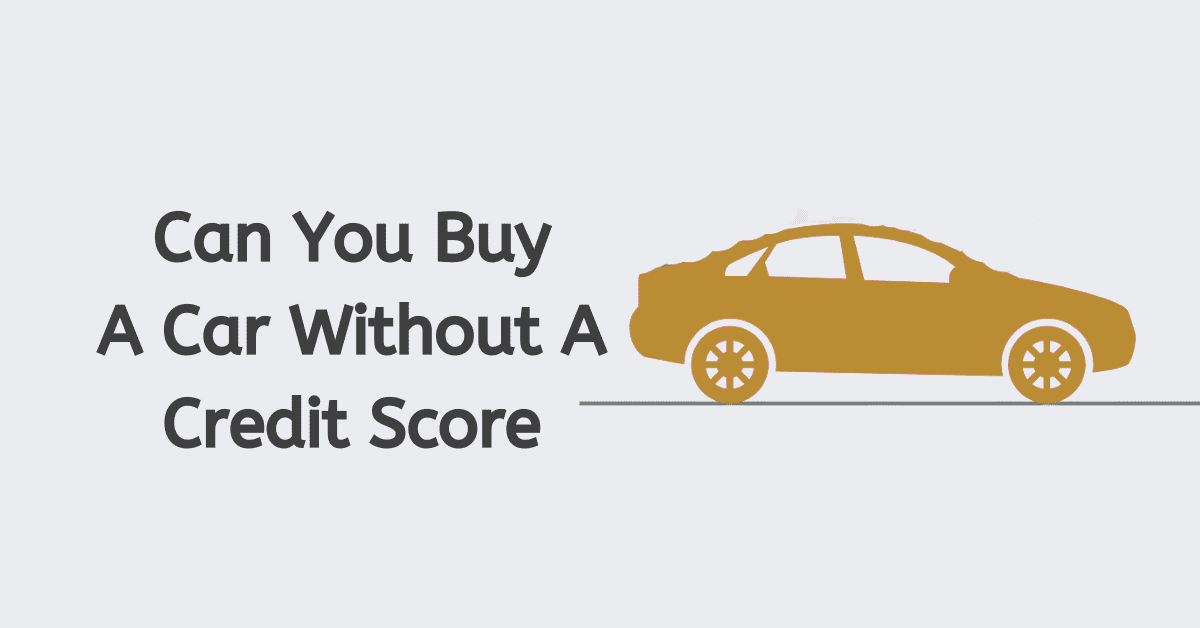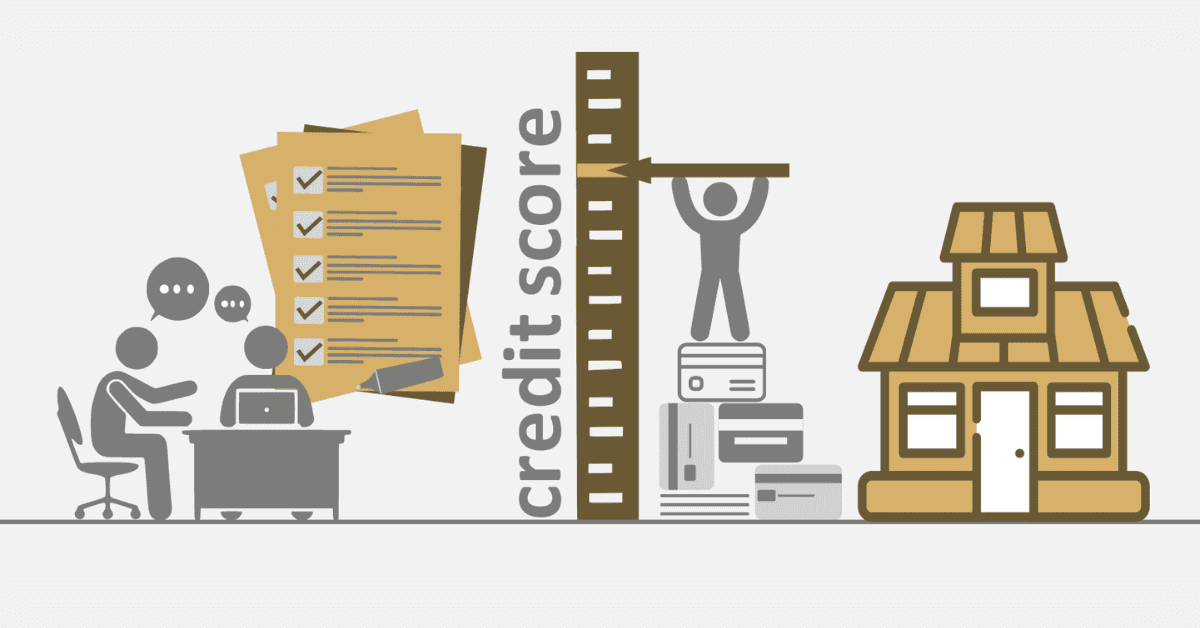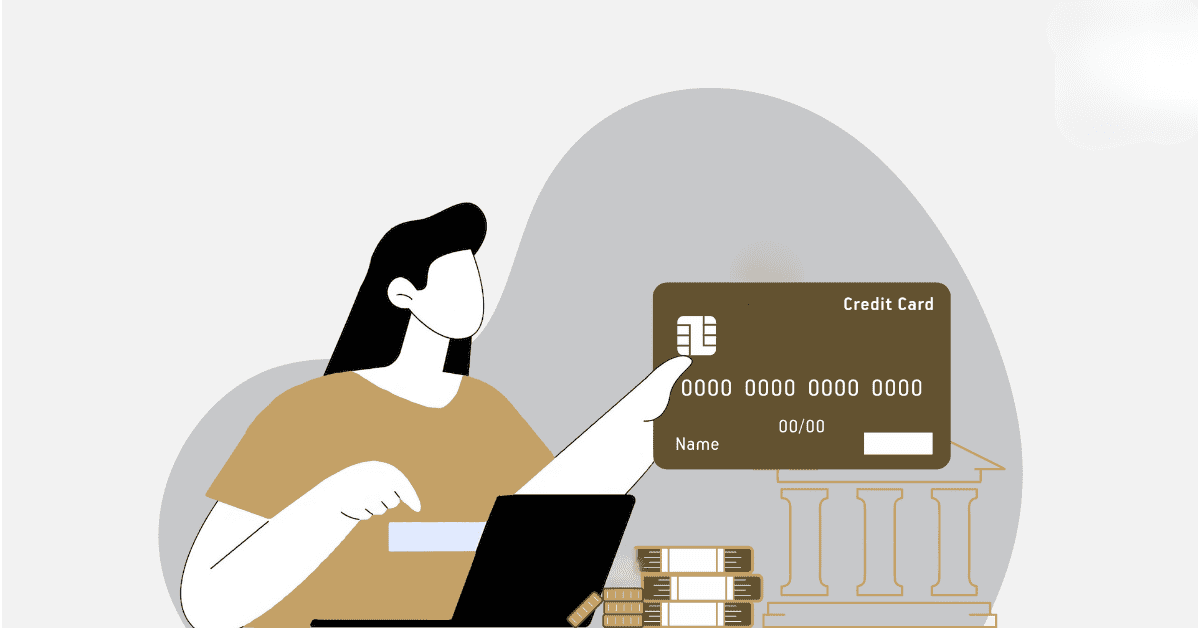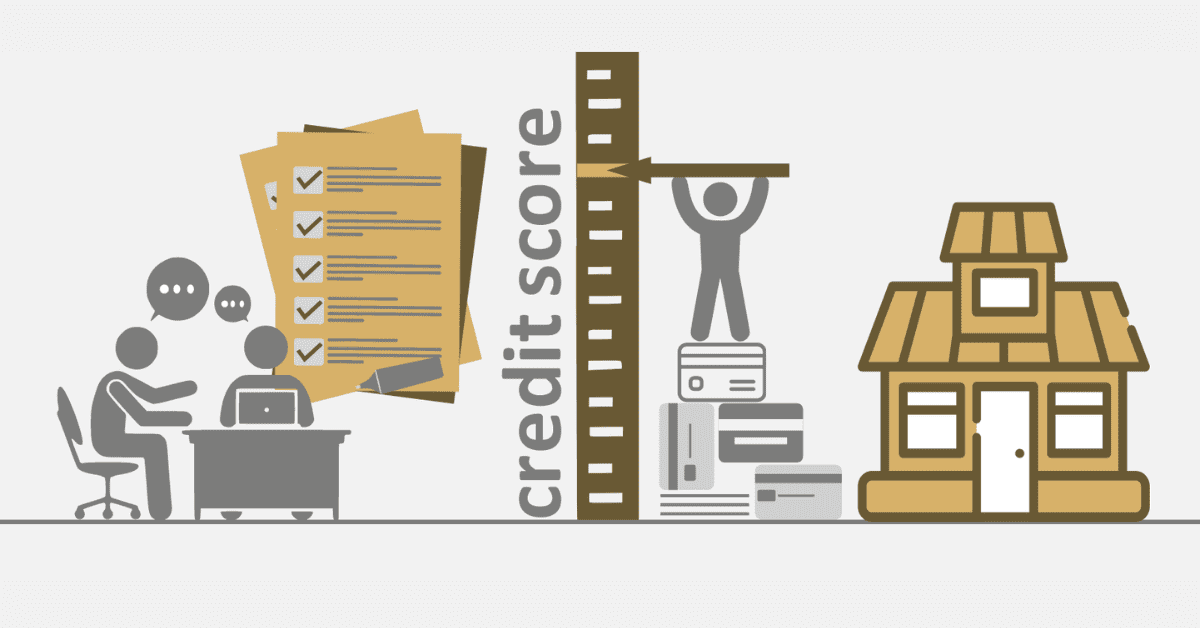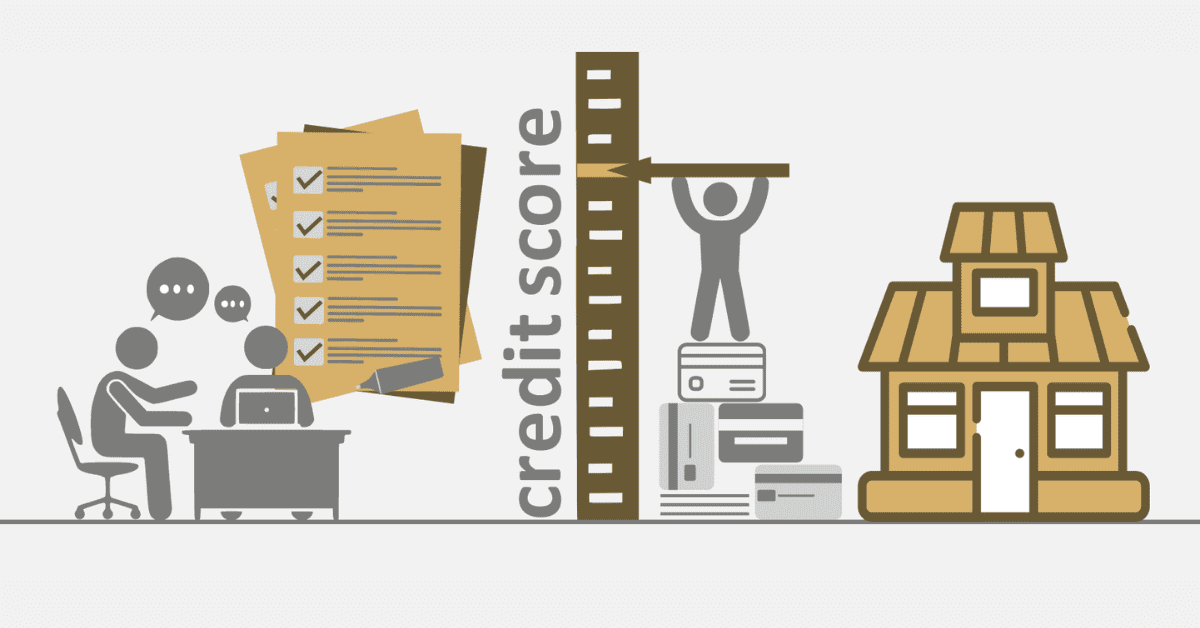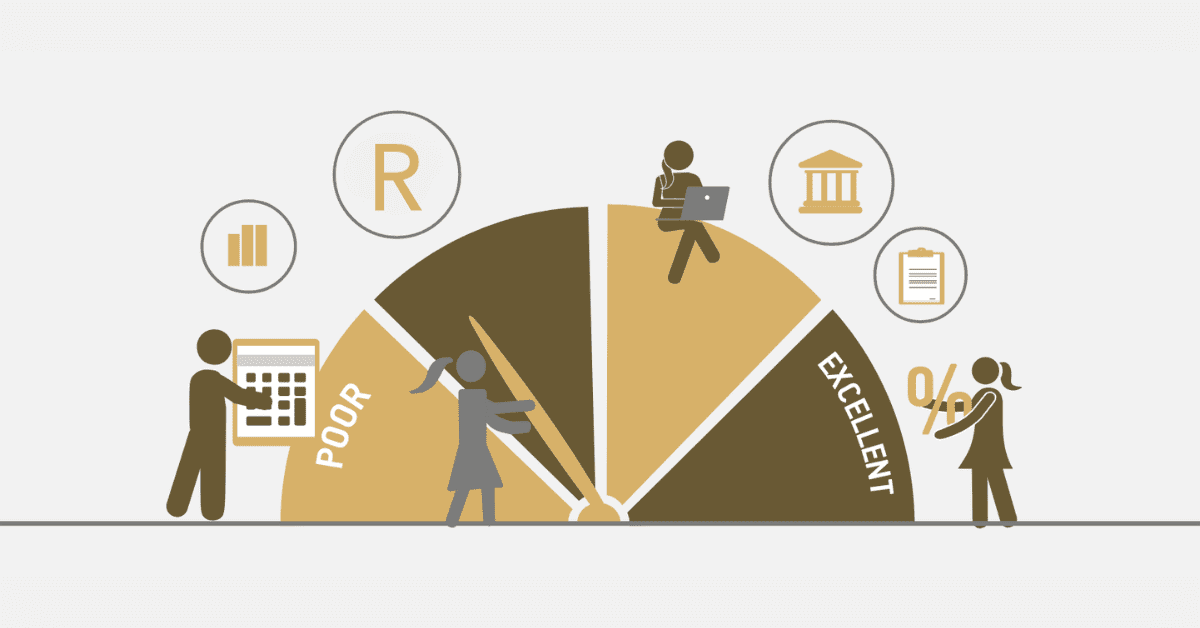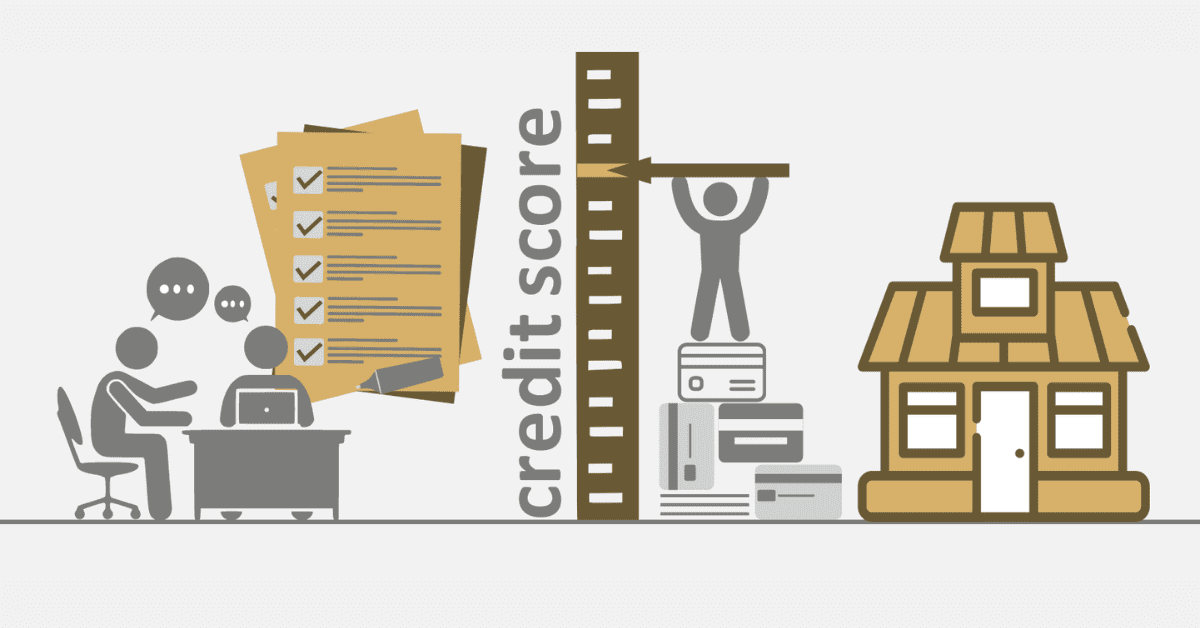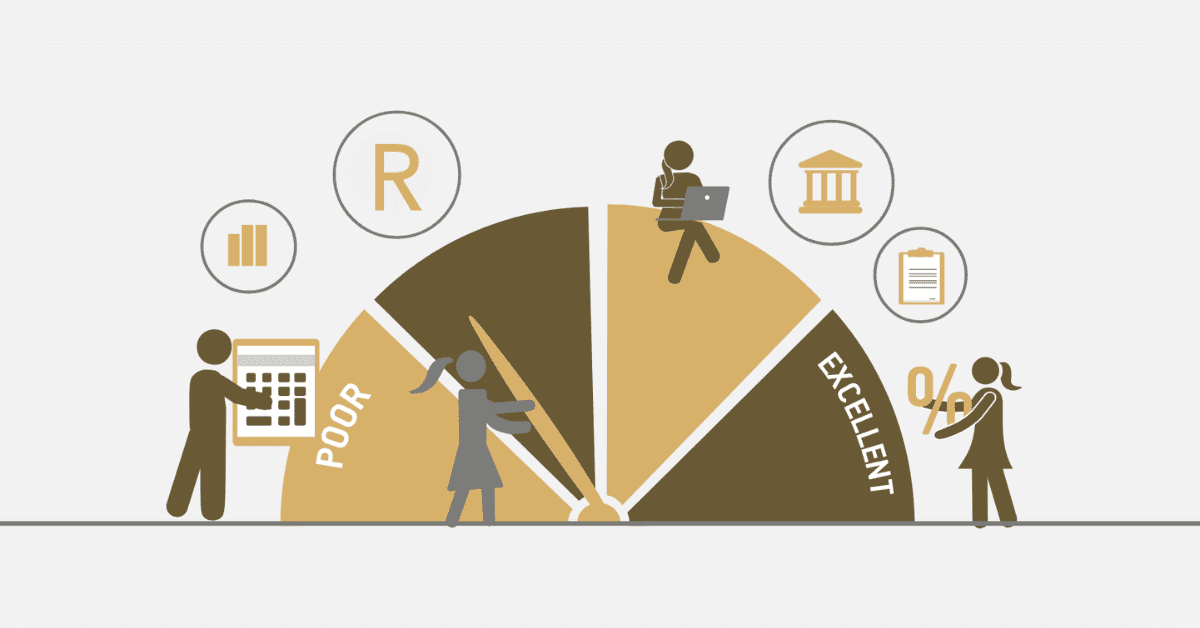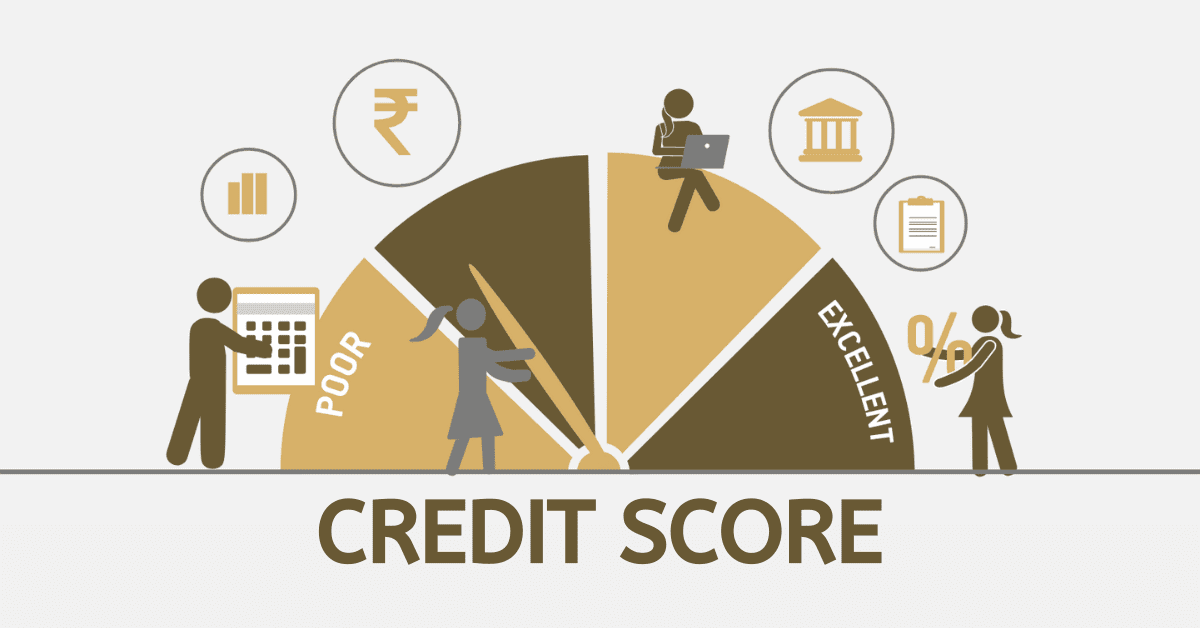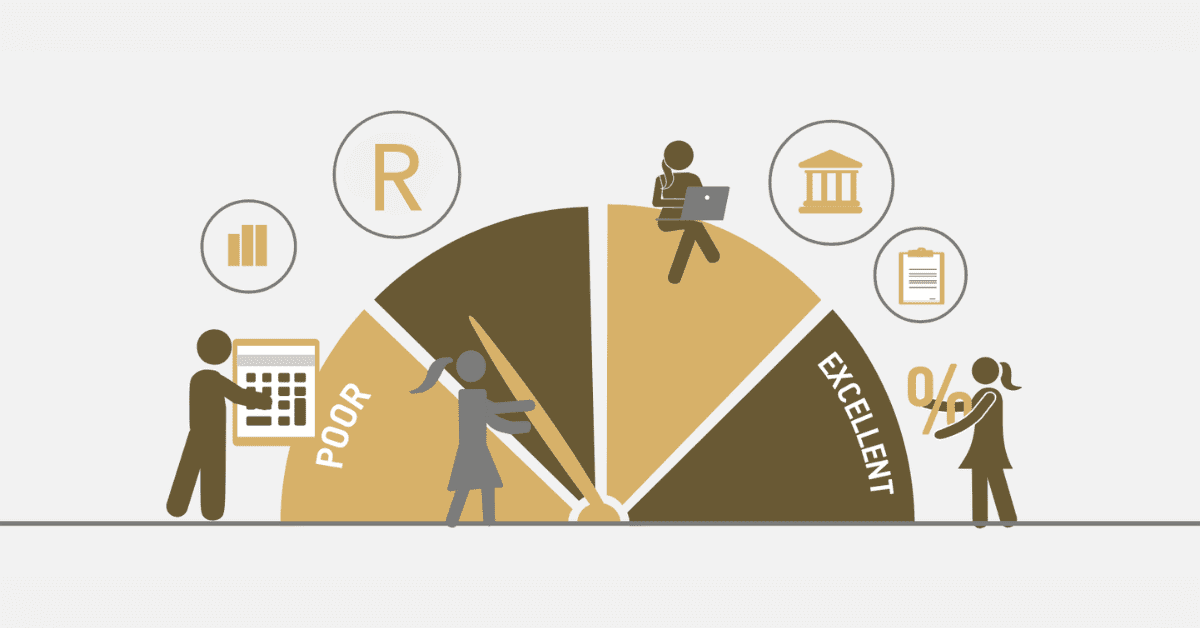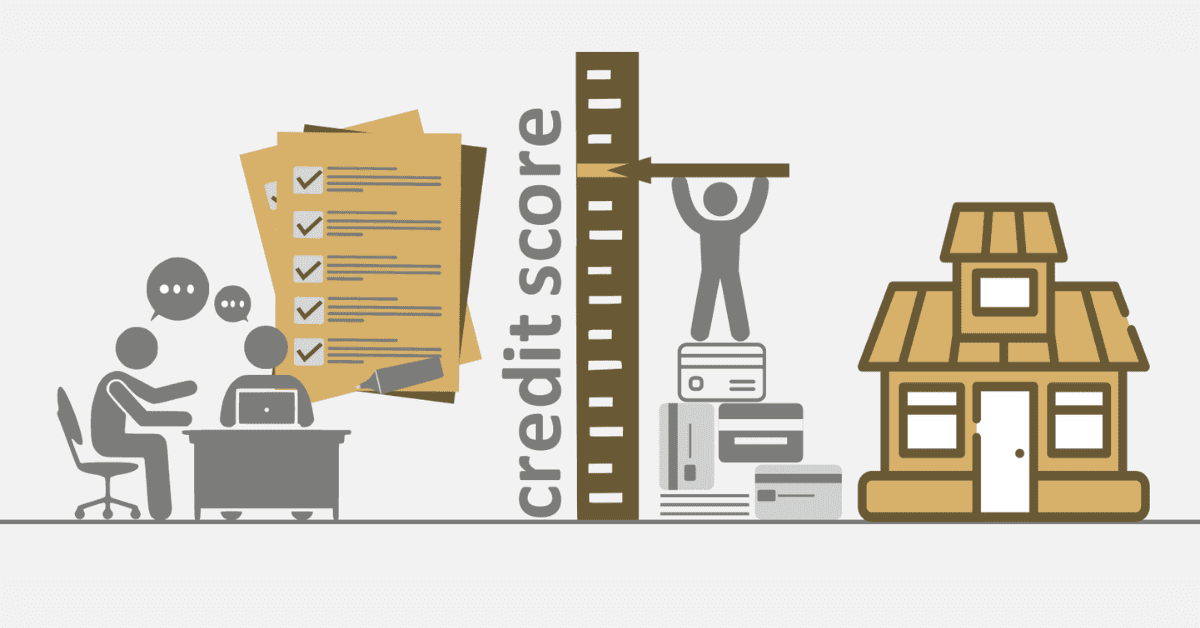When it comes to credit scores, everything matters. Some of it matters more than other parts, however. Today we will unpack some of the things to know about the heavy-hitting accounts on your credit report, and where to focus first if you are having issues with your credit score.
Which Accounts Have the Biggest Impact on Your Credit Score?
While all positive (and negative) behavior around credit will have an impact on your credit score, some are weighted higher than others. While credit cards, small loans, and retail store accounts will all count towards your credit score, they are significantly less important than big-ticket items like larger loans, car loans, and mortgages. These will have the biggest impact on your credit score. This is why people who are new to the credit world are often advised to start with low-stakes loans, where lenders are more likely to take a risk on you if you have a limited credit history.
How important a loan is on your credit report depends on how well you are using credit and how much of it is being used. You might easily qualify for a R2k limit credit card or store card but no one is going to give you a R2 million mortgage with no credit history! It’s simply too risky for the lender if you turn out to be a bad bet. Remember, that’s what credit reports do- help the lender decide how much of a risk you are, and if it will be worth lending to you. If you have a track record of using small credit lines well, you look like a better risk for the medium and large ones.
Don’t forget that serious negative credit behavior, even on small-stakes accounts, will always be a major red flag on your credit report. By this, we mean defaults, judgments, and lapsed payments. Late payments have a smaller impact because the money was eventually received, but it will negatively impact your credit score too.
How Many Accounts Are Too Many for a Credit Score?
The quick answer to how many accounts are too many for a good credit score depends entirely on you, your income, your previous behavior, and other highly individual factors.
Lenders like to see a diverse mix of credit used responsibly on a credit report. However, having too many lines of credit open, especially if you took them all at a similar time, is a red flag in itself. It makes sense, after all! People often go wild and splurge irresponsibly when they get promotions, inheritances, or otherwise boost their income, even when it is temporary. Even if they have been great with credit on a more limited income, they could overextend themselves and end up being a bad risk if they are suddenly taking on loads more debt. Or your sudden need to onboard tons of new credit could be taken as a sign you know there’s a life change coming that could negatively impact your creditworthiness, like unemployment, new family members, or retirement.
Managing a large number of accounts simultaneously can be challenging and may increase the risk of missed payments or high levels of debt, both of which can negatively impact your credit score. The higher your income, and the better your credit behavior, the more leniency they will be willing to give you for taking on new debt lines.
To minimize the potential negative effects of having too many accounts, carefully (and realistically) consider your financial status, be honest about how much debt you can afford to pay off, and only open new accounts when necessary. Regularly monitor your credit report and credit score to help you identify any issues, fraud, or discrepancies early on so you can take proactive steps to address them.
What is the Fastest Way to Raise Your Credit Score in South Africa?
When it comes to raising your credit score fast in South Africa, there is no quick fix or magic secret. You need to rehabilitate any outstanding accounts, bring them up to date, drop your credit utilization to under 50% of what is available to you, and make your monthly payments on time, every time. Don’t apply for credit on a whim, and use credit as a tool, not a lifeline or way to splurge on indulgences above your salary grade. Never take on more debt than your available income can comfortably service.
How quickly these positive behaviors impact your score will depend on how good (or bad) your credit was to start with, and how important the ‘bad stuff’ was in your overall credit profile. Again, it’s easy to undo the effects of one defaulted small loan. Reversing the negative impact of several large debt defaults will take a lot longer! In general, those starting with particularly poor credit scores will need at least 6 months to a year of great credit behavior to raise their score to an average rating.
What Makes Up The Largest Percentage of Your Credit Score?
You might be surprised about what makes up the largest percentage of your credit score. In South Africa, your payment history (overall, not per account) makes up approximately 35% to 40% of your credit score, making it the most significant factor in determining your overall creditworthiness. Do remember that this includes data like the frequency of missed or late payments and the presence of any accounts in collections or default, not just the monthly payment record on your report.
Other factors that contribute to your credit score include your credit utilization ratio (approximately 30%), the length of your credit history (approximately 15%), the types and diversity of credit accounts you have (approximately 10%), and any recent hard credit inquiries (approximately 10%).
Understanding the factors that make up the largest percentage of your credit score can help you prioritize your efforts when working to improve your creditworthiness. By focusing on factors such as making timely payments, reducing credit card balances, and avoiding unnecessary new credit applications, you can take positive steps towards improving your creditworthiness and powering up your financial future.
